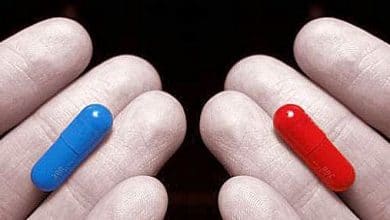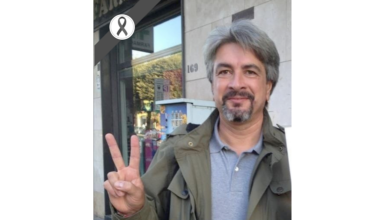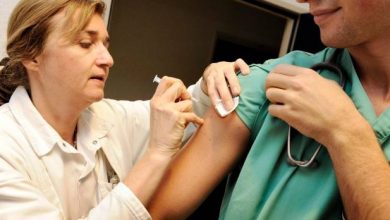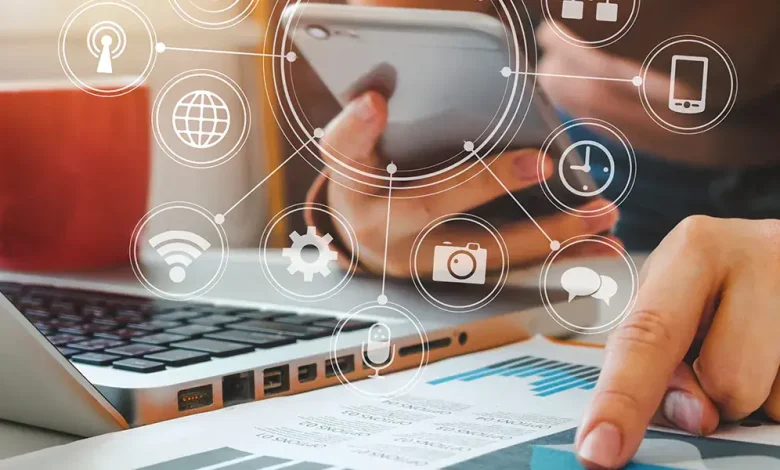
ABOUTPHARMA has launched ABOUT PODCAST: the first Podcast dedicated to Scientific Communication and Information in the healthcare sector.
“a series of episodes to explore trends and changes in the messages and tools used by the health industry to connect with professionals, citizens and institutions. Online meeting, email, video, phone, chat. The relationship between pharmaceutical companies and healthcare professionals, health specialists, passes through a plurality of channels. The digital push of recent years has improved the quality of engagement, overcoming physical and temporal barriers imposed by the pandemic. But now the industry is wondering what the future of communicating with doctors and healthcare professionals will look like.”
About Podcast: communicating in healthcare – 16 February
 In the first three episodes published, we were able to appreciate a well-packaged product, lasting between 10 and 20 minutes, which addresses topics that are rarely debated in the lay press and aimed, according to Aboutpharma's mission, at managers and companies in the Pharma sector.
In the first three episodes published, we were able to appreciate a well-packaged product, lasting between 10 and 20 minutes, which addresses topics that are rarely debated in the lay press and aimed, according to Aboutpharma's mission, at managers and companies in the Pharma sector.
The podcast is itself one of the new means of communication and is confirmed to be extremely usable and flexible, it is free and can be listened to with any internet connection or downloaded and listened to off-line. It allows you to access content from the hands of the authors or guests and experts connected remotely. The chosen platform is Spotify.
In the first episode of the AboutPodcasts, entitled “Multi-channel vertigo. How is communication with the hcp changing” (THE PODCAST) the central theme of the series is addressed, i.e. the involvement of health professionals by companies through a multiplicity of channels which, if on the one hand have proved to be indispensable for dealing with the emergency during the period of the Covid-19 pandemic, they have forced all companies to review the composition of messages to adapt them to new technological means.
In terms of the message, the era of "evidence based medicine" - in the opinion of Giulio Zuanetti, chairman of HPS AboutPharma - with the rigorous support of clinical studies, it is increasingly giving way to field experience, the so-called "real-world evidence, RWE” which facilitates the transfer to clinical practice, also thanks to the possibility of collecting and analyzing the collected data in a more rigorous way than in the past. We didn't quite understand if we are in the usual dualism between controlled clinical studies and observational studies or if we are alluding to RWE's ability to complete and support clinical research based on trials, adding valuable information, not only relating to clinical outcomes, but also of an economic and organizational nature.
In terms of sharing the message the watchword remains scientific rigour, but it is necessary to know how to develop content that can be agile, exploitable and reusable on different channels. In Italy, the compliance problem remains: the very strict legislation which provides for the filing and approval of all contents by AIFA. “A regulation – according to Giulio Zuanetti – which was defined many years ago and should be adapted to respond to rapid developments in information. It was designed for a world in which information was made up almost exclusively of medical-scientific reps who presented the so-called visual to the doctor. Today, practically everything has become digital and the physical or virtual visit of the scientific representative is just one of the many ways in which information is provided, therefore the regulatory process for the approval of all materials has become even more cumbersome, companies and controllers waste a lot of time and resources in this process."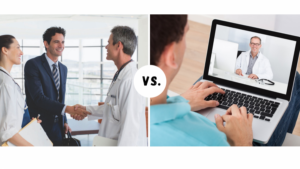
Coming to information channels, it is clear that all companies try to exploit all possible channels to best contact the clinician, in an omnichannel logic. So we are talking about physical and virtual visits from informants, but also emails, webinars, videos, podcasts and social networks.
Says Giulio Zuanetti: “The pandemic was an interesting experiment because in just a few weeks companies found themselves passing from information almost exclusively conveyed by the ISF to completely virtual information. Then after the critical phase of the pandemic, we tried to find it again kind of the right balance. Perhaps hoping that digital would remain prevalent for an obvious cost reason.
Actually if we look at the available data one has the feeling that the ISF is recovering a central role, above all in those therapeutic areas where there are frequently great innovations such as oncology, rheumatology, cardiology or even dermatology. How much the ISF remains central obviously depends on many things: I recently moderated several advisory boards and what I was able to observe is that the presence of the ISFs in hospitals and their reactivity is in some way the parameter that clinicians use to judge how interested a company is in that area and is a partner you can count on. This perhaps means that a company can develop a fantastic digital strategy, but still not be perceived as a true partner of the clinician because it lacks the human factor.”
“The same goes for scientific congresses: 2022 saw a sensational return to face-to-face events and here too the human contact factor has once again become central. This too is a topic for reflection.”
Related articles:
Related news:

